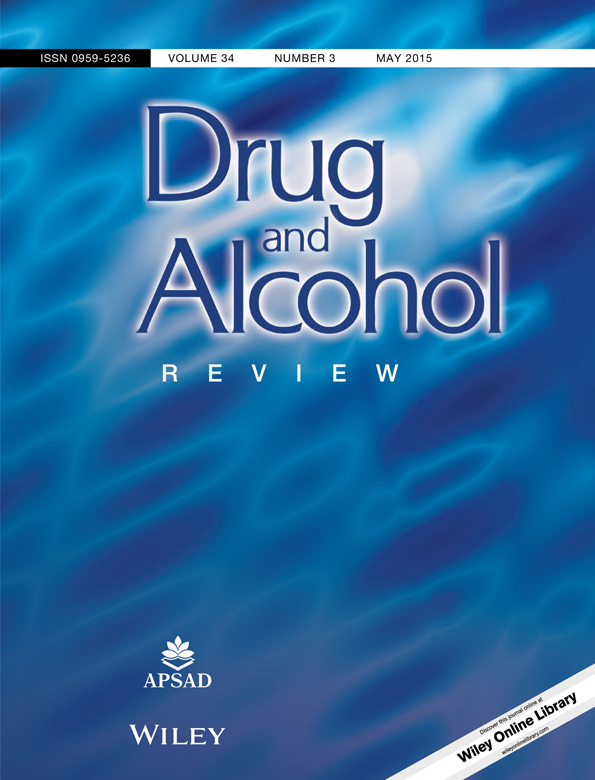Effects of lowering the alcohol minimum purchasing age on weekend hospitalised assaults of young Māori in New Zealand
Abstract
Introduction and Aims
We examine the association between reducing the alcohol minimum purchasing age from 20 to 18 years in December 1999 and rates of weekend assault hospitalisation among young Māori in the following 12 years. Our previous work showed deleterious effects for young people overall. In keeping with Treaty of Waitangi principles, we sought to determine whether the policy was similarly detrimental for Māori.
Design and Methods
We used Poisson regression to examine data from 1995 to 2011 on Māori hospitalised on Friday–Sunday following assault, separately by gender among 15- to 17-year-olds and 18- to 19-year-olds, versus 20- to 21-year-olds as a control for changes in economic and environmental factors.
Results
There was no evidence to suggest weekend assault hospitalisations increased significantly more among 15- to 17-year-old or 18- to 19-year-old Māori males in the post-change periods (incidence rate ratios varied between 0.83 and 1.13; P values >0.25) compared with increases observed in 20- to 21-year-old Māori males. For Māori females, estimates were more variable, but overall, there was no evidence of the hypothesised effect (incidence rate ratios between 0.60 and 1.09; P values >0.07).
Discussion and Conclusions
Overall, we find no evidence that lowering the minimum alcohol purchasing age increased weekend hospitalised assaults among young Māori. Inferences are compromised by lack of statistical power which underlines the importance of planning for evaluation of important policies well before they are implemented, particularly with a view to meeting obligations to Māori arising from the Treaty of Waitangi. [Kypri K, Davie G, McElduff P, Langley J, Connor J. Effects of lowering the alcohol minimum purchasing age on weekend hospitalised assaults of young Māori in New Zealand. Drug Alcohol Rev 2015]




